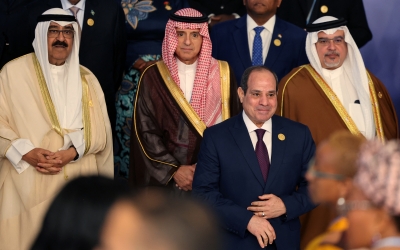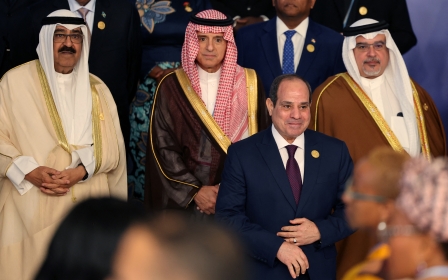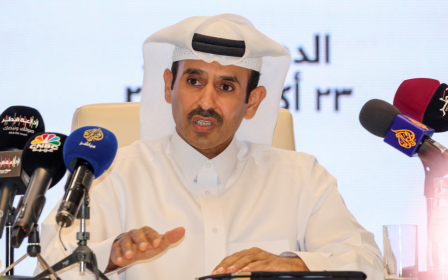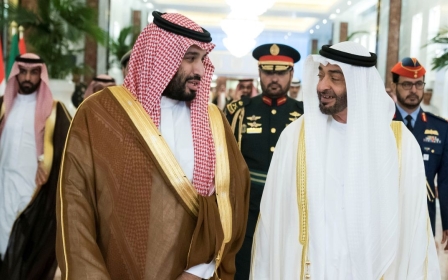US, EU lawmakers demand UAE remove oil executive as Cop28 head
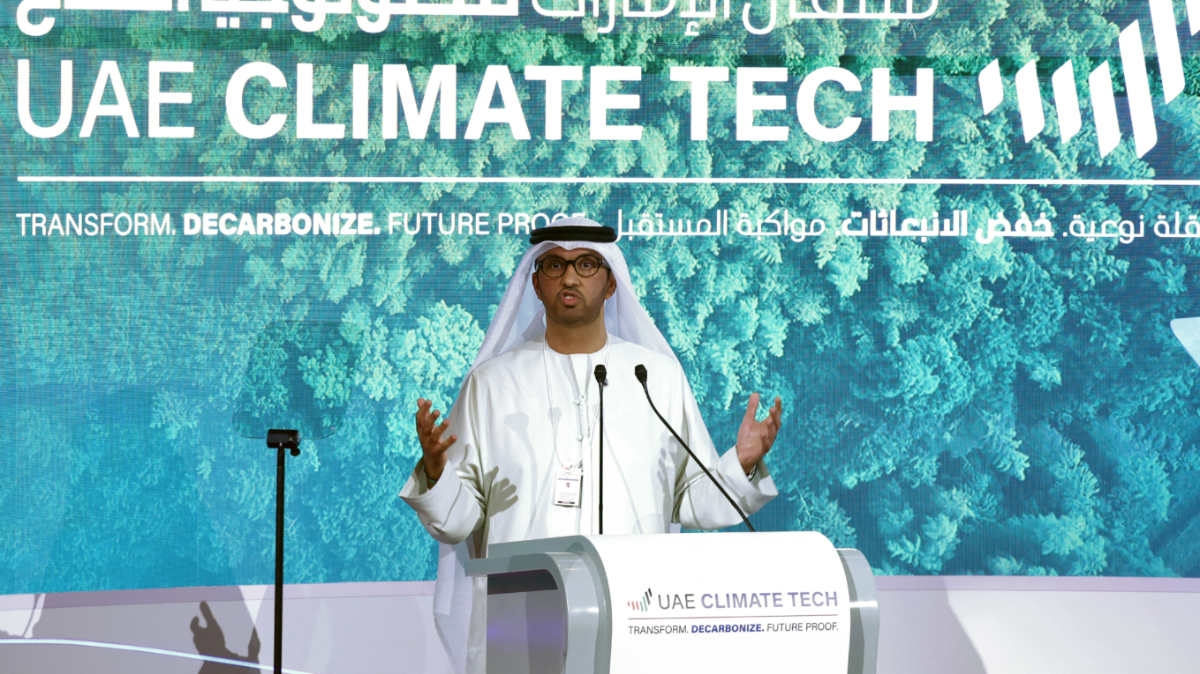
More than 100 members of the US Congress and the European Parliament called Tuesday for oil executive Sultan al-Jaber to be removed as head of the next UN climate change conference in the UAE.
The choice of Sultan al-Jaber, chief executive of the Abu Dhabi National Oil Company, or Adnoc, to head December's Cop28 summit in Dubai, has angered activists claiming that fossil fuel companies were exerting “undue influence” over UN climate talks.
The lawmakers expressed "profound concern" over the appointment in a letter to US President Joe Biden, European Commission President Ursula von der Leyen, and UN secretary general Antonio Guterres.
"We cannot allow special interests to create more hurdles in the race against climate change," tweeted Sheldon Whitehouse, a US senator known for his environmental activism.
A Cop28 spokesperson pushed back on the criticism, citing Jaber's work in the renewables sector, as well as his current mandate at Adnoc to "transform, decarbonize and future proof" the oil giant.
New MEE newsletter: Jerusalem Dispatch
Sign up to get the latest insights and analysis on Israel-Palestine, alongside Turkey Unpacked and other MEE newsletters
Other western officials, including US climate envoy John Kerry and European Green Deal chief Frans Timmermans, have backed Jaber.
The appeal is largely toothless, as Abu Dhabi has shown little appetite to appease western climate critics. A previous attempt by 27 Democratic members of the US Congress urging Kerry to lobby the UAE against Jaber failed.
Jaber’s lead of Cop28 reflects an emboldened Gulf region basking in its return to influence over energy markets and climate talks.
'Shackled energy security'
For years, Gulf monarchies had to cope with low energy prices that threatened their state budgets and sidelined them from climate talks. Although energy prices have fallen from last year, they are still high by historic standards. And Gulf states feel they are in the driver's seat as the energy industry faces underinvestment and western efforts to find alternatives to Russian gas.
Middle East Eye previously reported how Gulf states felt empowered at last year’s UN climate conference, Cop27, at the Egyptian resort of Sharm el-Sheikh. They are set to dominate the agenda at Cop28 when it's held in the UAE, an Opec member state and major energy producer.
"The difference between Glasgow and Cairo is that the Gulf is invited to the table," Kate Dourian, a fellow at the Energy Institute, previously told Middle East Eye, referring to the 2021 UN climate conference held in Glasgow, Scotland.
“Now they are saying, 'Look at us, everyone is knocking on our door begging for oil and gas'," she added.
The narrative is that western countries rushed too quickly to cut out traditional energy and are now paying the price.
Speaking on Tuesday at the Qatar Economic Forum in Doha, Saudi Arabia's Energy Minister Prince Abdulaziz bin Salman said energy security was being “shackled” by western states' unwillingness to invest in oil and gas.
"People go around talking about blue, green, purple, pink hydrogen, but in the final analysis, who is going to be the off-taker?" he said, questioning if there was a practical buyer for clean energy.
Qatar's energy minister, Saad al-Kaabi, took an even darker line, warning Europe that the "worst is yet to come" for its oil and gas shortages and that a warm winter had lulled them into a false sense of security as it looks to cut off purchases of Russian energy and transition to cleaner fuels.
"The only thing that saved humanity and Europe this year was a warm winter, and the slowdown in the economy," he said.
Middle East Eye delivers independent and unrivalled coverage and analysis of the Middle East, North Africa and beyond. To learn more about republishing this content and the associated fees, please fill out this form. More about MEE can be found here.


